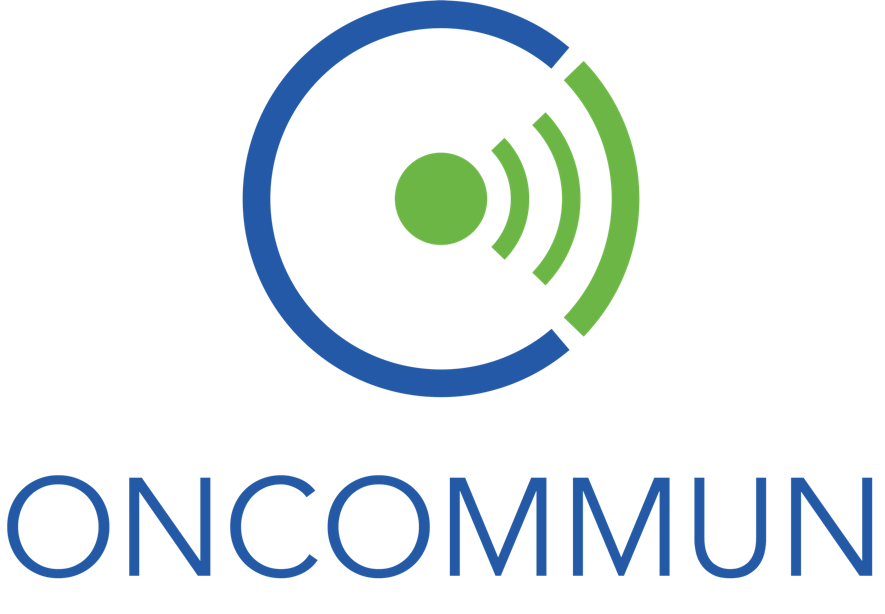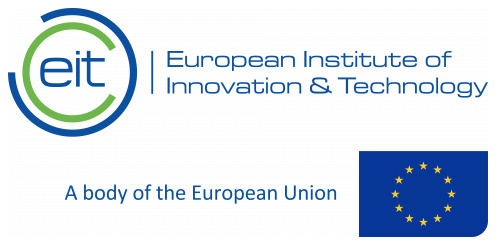ONCOMMUNITIES 2020
Online Cancer Support Communities
Challenge
Oncological diagnosis and treatment causes a high psychosocial impact, generating significant emotional distress and quality of life deterioration. Health education and psychosocial care in cancer have already demonstrated its effectiveness in reducing this emotional distress and in improving quality of life. However, access to psychosocial care and health education still poses important barriers, such as poor early detection, long waiting lists and restrictions for work, mobility, or economic issues.
Being diagnosed with cancer generates significant emotional distress in many patients (35% to 38%). However, only a small proportion is currently being identified (5-10%) and referred for psychosocial attendance by oncology professionals. Considering that emotional distress and the absence of this proper health education and psychosocial care tend to derive in poorer quality of life (QL), less adherence to oncological treatments, overall survival and selfcare, it is relevant to react against this lack of attention.
Recent studies show how stepped health education and psychosocial care interventions are an ingenious response to the challenge of offering an early, proportionate, broad and more cost-effective treatment. Although there is empirical evidence separately of good clinical results in the use of screening systems, monitoring, and online psychosocial care in cancer, we have not found worldwide evidence of similar integrated and stepped educational system.
Solution
Oncommun is an innovative four-level stepped-care and education system to respond timely the needs of each patient. This system results disruptive in the current health system, combining different technologies according to: cancer survivor emotional distress and complexity needs of the educational intervention. We define 4 steps:
1st Step: Screening and monitoring. Our Central Mobile App permits:
(a) a detection-system for critical health education and psychosocial needs;
(b) a monitoring tool to follow health and psychosocial issues in relevant transitions;
(c) to register pharmacological adherence;
(d) Instant symptom management education based in oncological nurse decisional tree technology.
2nd Step: Campus for patients (Moodle Technology) connected and logged on with Central Mobile App. This Campus permits access to health professionals prescribed online material (videos, posts, ...).
3rd Step: Social Net Web-App (private and vertical net) call “Oncommunies”. They will interact asynchronously and anonymously with other cancer patients and health professionals sharing validated information and giving mutual emotional support. A matching algorithm with machine learning to pair cancer survivor’s mentors and mentorees will be tested.
4th Step: Intensive health education and psychosocial empowerment. We offer to enrole in 8-weekly sessions of online face-to-face support groups via multi videoconference guided for health professional.
Objectives, Activities and Results expected / achieved
Expected Goals:
This project is expected to have a positive impact on the quality of attendance to cancer patients’ health status and psychosocial needs. Also, an economic impact is expected in reducing 30% different health system costs, paying with these savings more than the cost of its implementation. These improvements are envisioned at short (first year) and long-term(three years).
At short-term, we expect 60-70 % of users improvement in the following indicators and associated metrics:
1- Quality of life;
2- Emotional distress reduction (management);
3- Oncological health care knowledge. Adhoc questionaries’ for online internet prescribed material in campus and other campus use indicators;
4- Pharmacy adherence: 0-75% (low adherence), 75-90% (medium adherence), 90-100% (optimal adherence) with our WebApp registration.
At more long term we expect to demonstrate the cost-ulity of our e-health plataform measured by a relevant health economic outcome such as "quality adjusted life years" (QALY). Expected economic benefits are:
1- Reducing use of other health services in 20% of users (eg., comparing number of calls to nursing service in their symptom management phone number);
2- Reduce significant use of psychotropic medicaon in 25% of users (informaon in our web-app);
3- Reduce up to 30% of days of sick-leave aer cancer primary treatment (informaon accessible by our linked
primary care centers);
Finally, we expect to confirm our initial cost-ulity pilot study. In this study the cost to increase the QALY’s of psychosocial care in European cancer sengs is lower than other health intervenons, being online format significantly better at a cost of 5665.52 €/ QALY (15% off). In the same way, online treatment reduces the waing me unl receiving a psychosocial treatment in up to 25% compared to the face-to-face treatment.
Objectives Achieved:
The Oncommunities pilot, an innovative platform to improve healthcare for people with cancer. This comprehensive cancer care tool, supported by the Catalan government, will merge social networking, video conferencing and screening platforms into phased educational and psychosocial care interventions. In particular in Portugal, with the collaboration of the Portuguese Oncology Institute of Coimbra, it continued its development throughout 2020, with more than 88 participants. In 2020, the main objective was to maximize the number of participants in the firm to obtain concrete data on the usability and usefulness of the tool.
It is important to mention that in 2020 the Coimbra Institute of Oncology won two awards at national level with this tool: Investir in health 2020 Award (https://cofinaeventos.com/conferenciainvestiremsaude/premio/) and HINT 2020 in the Patient Safety Category (https ://hintt.glintt.com/premio-hintt-2020/).

Project Reference
20536Funding

Intervention Region
EuropeTotal Investment
433.115,00IPN Investment
21.562,00Total Eligible
433.115,00IPN Eligible
21.562,00EC Funding – Total
372.865,00EC Funding – IPN
21.562,00Duration
12 MonthsStart Date
2020-01-01End Date
2020-12-31Approval Date
2019-10-10Consortium
Instituto Pedro NunesInstytut Medycyny Pracy im. J. Nofera w Łodzi
Universitat de Barcelona
Fundacio Institut d'Investigació Biomèdica de Bellvitge
Servicio Madrileño de Salud
Fundación para la Investigación Biomédica del Hospital Gregorio Marañón
Amgen
Institut Català d'Oncologia
Instituto Português de Oncologia de Coimbra
Partners
Hospital de la Santa Creu i Sant Pau;Instituto Catalán de Oncologia;
Docline;
Trilema.
Website
http://oncommun.euKeywords
Breast Cancer;Health Knowledge Management;
Health Network.





